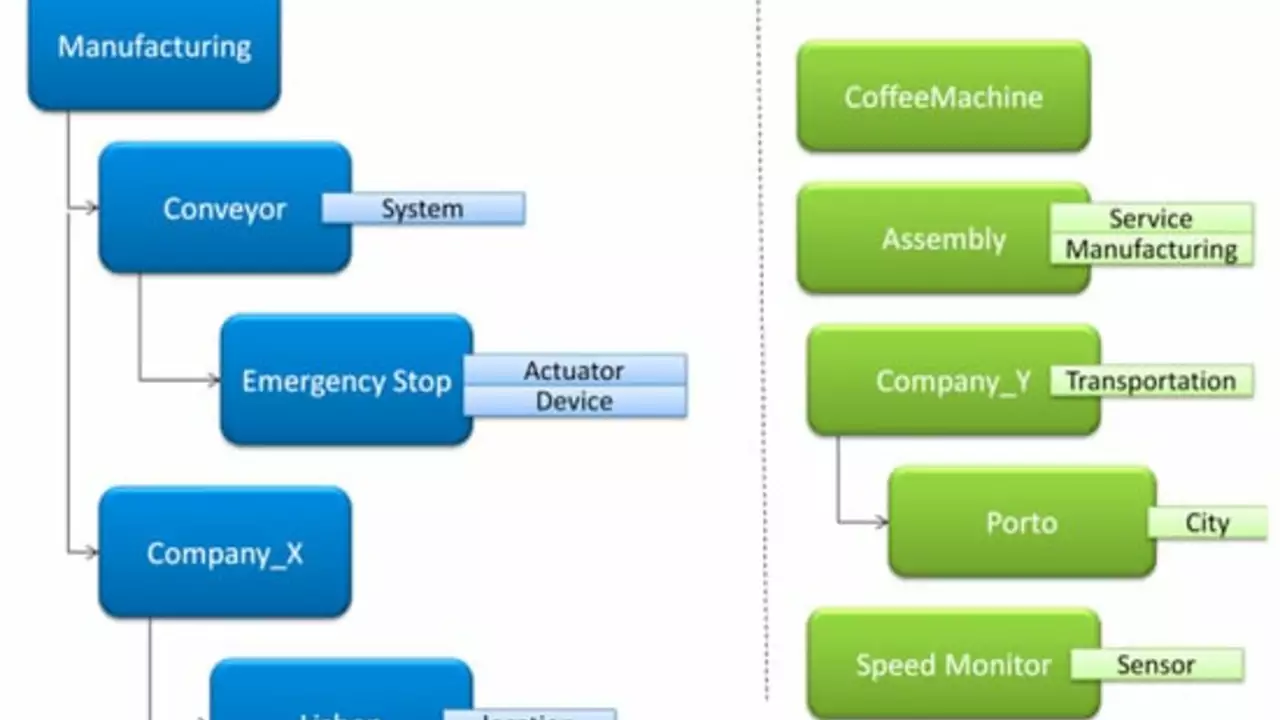Tech Terms Explained: Your Simple Guide to the Language of Today’s Tech World
Ever feel lost when someone throws around words like AI, blockchain, or cloud computing? You’re not alone. Knowing the basics behind these buzzwords makes conversations easier and helps you spot real opportunities, not just hype.
Why Learning the Lingo Matters
First off, tech terms are more than fancy labels. They describe tools, processes, and ideas that shape how we work, learn, and shop. When you grasp a term, you can judge whether a product truly solves a problem or just sounds impressive. It also boosts your credibility at work or in a meeting – you’ll sound informed rather than forced to Google every phrase.
Second, the tech world moves fast. New concepts appear almost daily, but most build on existing ideas. By mastering the core vocabulary, you create a solid foundation that lets you add new terms without feeling overwhelmed.
Common Tech Terms Made Simple
Artificial Intelligence (AI): Computers that can learn, reason, or make decisions like a human would. Think of recommendation engines on streaming services – they predict what you’ll like next.
Machine Learning (ML): A subset of AI where algorithms improve automatically through experience. It’s the engine behind email spam filters that get smarter over time.
Cloud Computing: Storing and running apps on remote servers instead of on your personal computer. Services like Google Drive let you access files from any device.
Blockchain: A digital ledger where each record (or block) links to the one before it, making tampering extremely hard. Cryptocurrencies like Bitcoin rely on this technology.
Internet of Things (IoT): Everyday objects equipped with sensors and internet connectivity – like a smart thermostat you can control from your phone.
Quantum Computing: A cutting‑edge type of computing that uses quantum bits (qubits) which can represent multiple states at once. It promises to solve problems that are impossible for traditional computers.
API (Application Programming Interface): A set of rules that lets different software talk to each other. When a weather app pulls data from a weather service, it’s using an API.
SEO (Search Engine Optimization): Techniques to help a website rank higher in search results. Using the right keywords, quality content, and good site speed are key parts.
These examples cover the most frequently mentioned terms across our posts, from email marketing templates to AI breakthroughs. Knowing them gives you a leg up whether you’re reading a blog or chatting with a colleague.
To keep the learning curve gentle, try the following tricks:
- Pick one term a day and write a one‑sentence definition in your own words.
- Watch short videos that illustrate the concept with real‑world examples.
- Use the term in a conversation or write a quick note about how it applies to your work.
With consistent tiny steps, the jargon pile shrinks quickly, and you’ll start using these words naturally.
Need more definitions? Our blog library is packed with posts that break down each term in depth – from AI power to quantum computing companies. Dive in, and turn tech talk into tech confidence.
